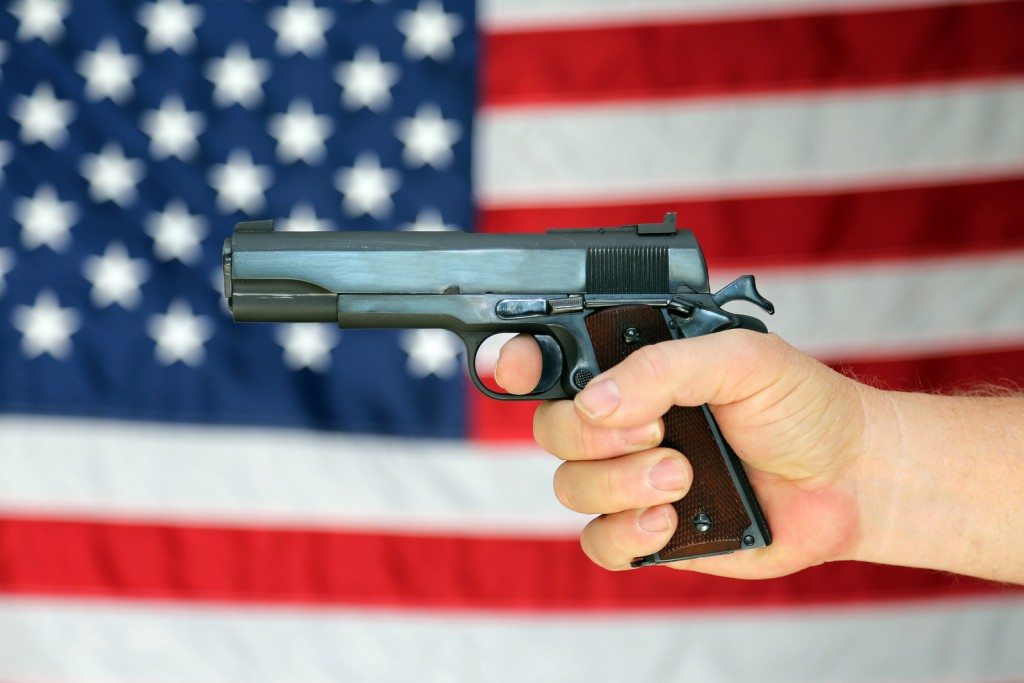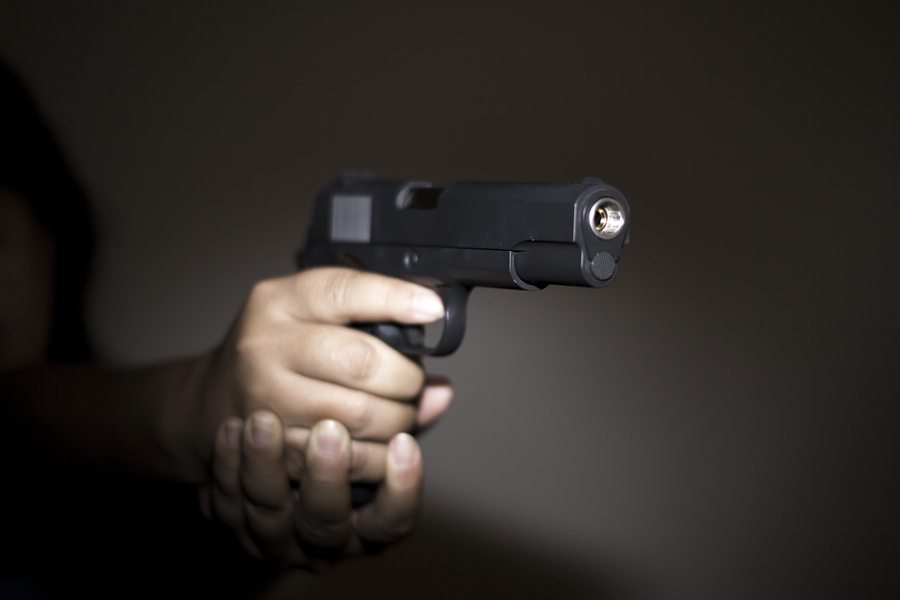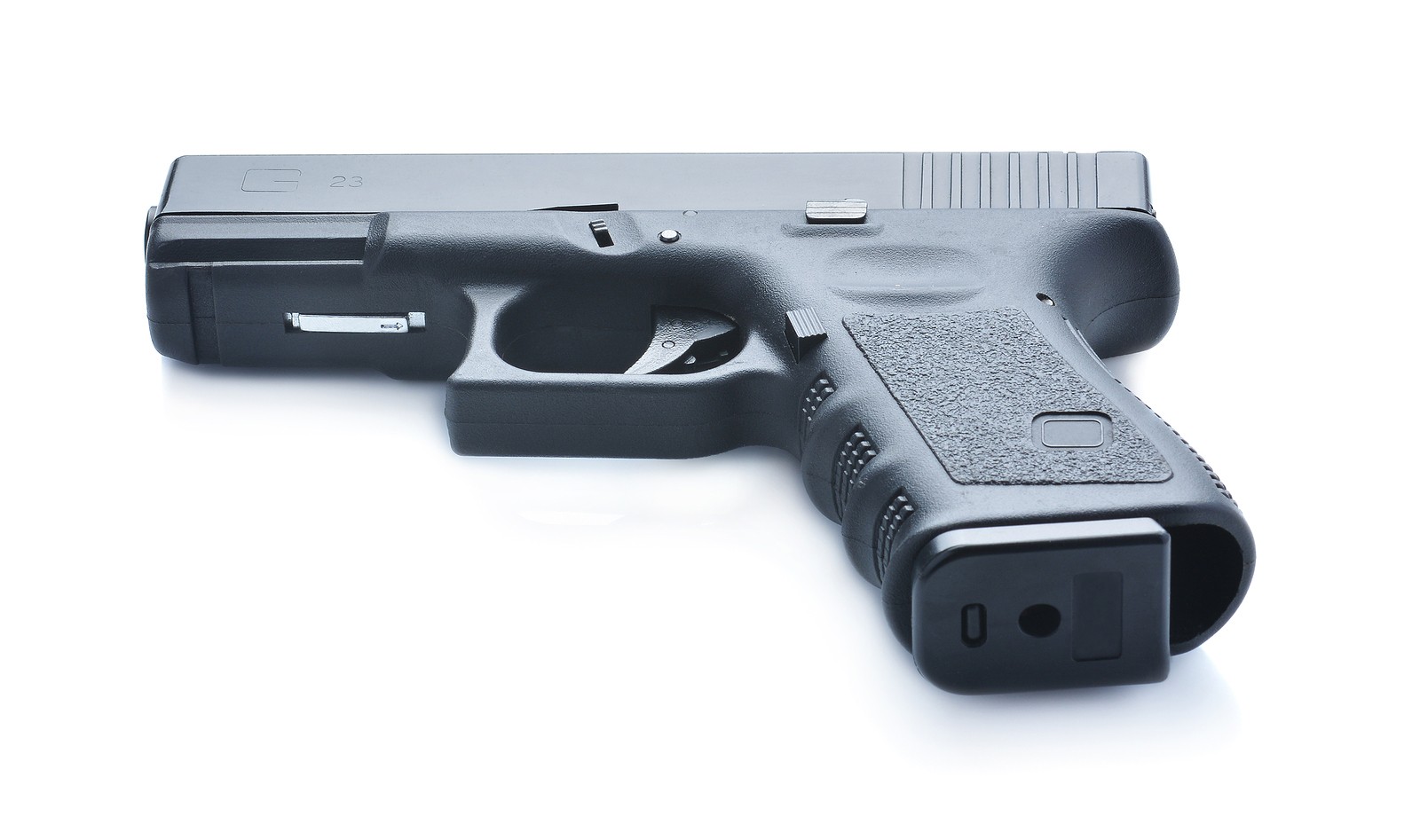Much like the criminal possession of a weapon in New York, the criminal use of a firearm is a violent felony subject to harsh mandatory minimum sentencing laws. This article will explain which weapons count as firearms, go over some of the reasons a person could be charged with this offense, and outline the mandatory minimum sentences a convicted offender faces.
When Can You Be Charged with Criminal Use of a Firearm?
Before we explain the grounds for criminal charges, let’s quickly go over what types of weapons are considered “firearms” in New York:
- Assault weapons
- Pistols
- Revolvers
- Rifles
- Shotguns
Antique firearms are excluded from this definition.

Criminal use of a firearm can be charged as a Class C violent felony or a Class B violent felony, depending on the circumstances of the alleged offense. In accordance with NY Penal Law § 265.08, criminal use of a firearm is charged as a Class C violent felony when the person either (1) possesses a loaded deadly weapon or (2) displays anything appearing to be a firearm, and also commits any Class C violent felony. Examples of Class C violent felonies in New York include:
Under NY Penal Law § 265.09, criminal use of a firearm is charged as a Class B violent felony for the same reasons, with one key difference: in addition to possessing a loaded weapon or displaying a firearm, the person commits a Class B violent felony instead of a Class C violent felony. Examples of Class B violent felonies include:
- Assault in the first degree
- Burglary in the first degree
- Criminal possession of a weapon in the first degree
- Criminal sale of a firearm in the first degree
- Manslaughter or aggravated manslaughter in the first degree
- Rape in the first degree
- Robbery in the first degree
Does NY Have Mandatory Minimum Sentencing Laws for Using a Gun?
Most of the time, judges have discretion when determining how an offender should be sentenced, at least within a given range of possibilities. However, because it is a gun crime which is categorized as a violent felony, the criminal use of a firearm is subject to New York’s mandatory minimum sentencing laws. Under NY Penal Law § 70.02, which establishes sentences of imprisonment for violent felony offenses, defendants who are convicted of criminal use of a firearm will face the following mandatory minimum prison terms:
- Class C Violent Felony – Criminal use of a firearm in the second degree is a Class C violent felony, for which the minimum term of imprisonment must be at least three and a half years. The maximum prison term is 15 years.
- Class B Violent Felony – Criminal use of a firearm in the first degree is a Class B violent felony, for which the minimum term of imprisonment must be at least five years. The maximum prison term is 25 years.
(It’s important to note that the minimum and maximum prison sentences described above relate to most but not all violent felonies. Certain offenses, such as the Class C violent felony of aggravated manslaughter in the second degree, carry even longer prison terms.)

In addition to these lengthy mandatory minimum sentences, defendants who are convicted of gun crimes face other serious penalties. For instance, convicted offenders may be fined as much as $5,000, or double any profits resulting from the crime – whichever number is higher. Offenders will also receive permanent criminal records, which can create serious problems when it comes to looking for jobs or applying for certain loans, including student loans. Long after the fines have been paid and the sentence has been served, a criminal record can continue to burden the former offender for many years to come.
In light of the extremely harsh penalties which can result from gun-related convictions in New York, it is absolutely critical to work with a skilled and experienced defense attorney if you or your loved ones are facing weapons charges. With more than 30 years of experience, the knowledgeable Queens criminal attorney of Sullivan & Galleshaw will be there to guide you through the justice system, protect your Constitutional rights, and tenaciously fight the charges against you.
To set up a free, completely confidential legal consultation, call our law offices at (800) 730-0135. Our dedicated team is here around the clock to answer your legal questions and help you understand the next steps of the process.

